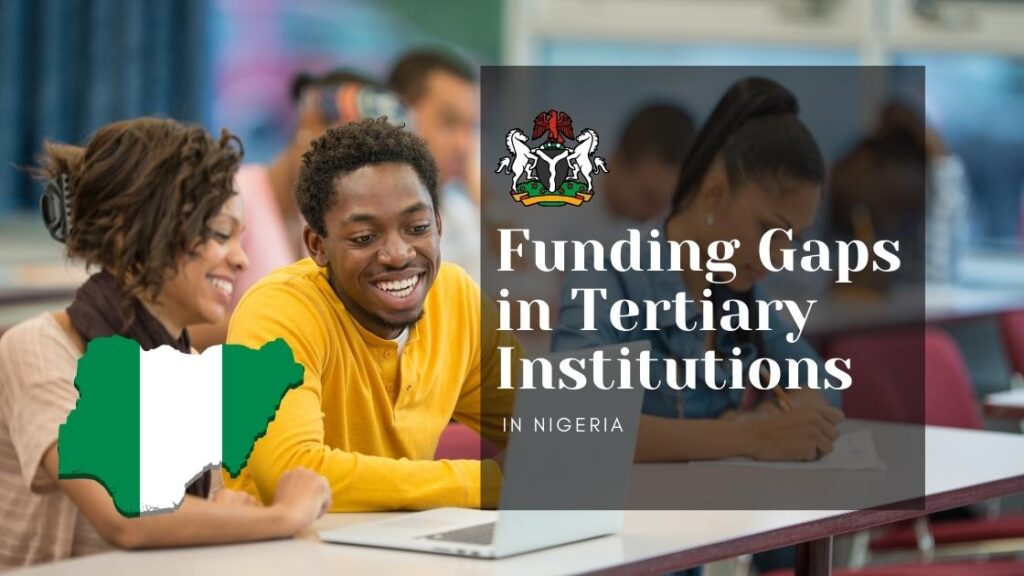Funding Gaps Severely Impact Nigerian Tertiary Education – Research
A new study reveals that the chronic underfunding of tertiary education in Nigeria continues to impede the sector’s development. Institutions struggle to maintain infrastructure, pay staff, and provide adequate learning materials. The research, conducted by Dr. Adaobi Mbonu Obianuju and Dr. Solomon Udensi Ukaku, focuses on the challenges faced by both public and private tertiary institutions in the southeastern states of Nigeria.
The researchers employed a descriptive survey involving academic and non-academic staff from various tertiary institutions, uncovering significant difficulties in ownership and funding. Their findings highlight that inadequate funds have become the primary obstacle, affecting everything from providing instructional materials to developing necessary physical facilities.

Table of Contents
Ownership and Financial Strain
According to the study published in Academic Journals Online (ACJOL), while both federal and state governments attempt to fund tertiary institutions, these efforts are frequently insufficient. The reliance on tuition fees as a primary funding source is exacerbating the challenges, especially for privately owned institutions, which receive no governmental support. Private institutions owned by wealthy individuals or religious groups must rely heavily on internally generated revenue, such as consultancy services, sales from farming activities, and donations from wealthy benefactors. However, these sources rarely meet the financial demands of running educational institutions.
The study’s findings suggest that even public institutions that receive government grants struggle due to mismanagement and inconsistent budgetary allocations. Researchers point out that while expanding educational access, private ownership has led to exorbitant tuition fees, making education unaffordable for many Nigerians.
Curriculum, Staffing, and Infrastructure
The study further highlights how ownership type affects the quality of education. Public institutions, mainly those run by the federal government, are more likely to have well-established infrastructure. However, they still suffer from understaffing and an insufficient number of qualified instructors. Private institutions often lack the infrastructure to support their academic programs, leading to subpar learning environments.
Enrollment surges at these institutions exacerbate the issue, with student populations outstripping available facilities. Many institutions report severe overcrowding, poorly equipped classrooms, and outdated materials. Furthermore, the lack of funds also limits professional development opportunities for academic staff, contributing to low morale and retention rates among educators.
Recommendations for Reform
Mbonu and Udensi recommend a multi-pronged approach to alleviate these challenges. They urge institutions to seek alternative funding sources, such as grants from international organizations like UNESCO and the World Bank. Additionally, they propose that institutions improve their internal financial management systems, ensuring greater accountability and transparency in the use of funds.
The authors emphasize the importance of government intervention, calling for more consistent funding to both public and private institutions. They also suggest that stakeholders explore innovative revenue-generating activities, such as commercializing research outputs and establishing partnerships with the private sector.
In conclusion, the study underscores the urgent need for improved funding mechanisms to ensure that Nigerian tertiary institutions can meet both national and global standards. Without this, the authors warn, the quality of higher education in Nigeria will continue to decline, with long-term consequences for the country’s socio-economic development.